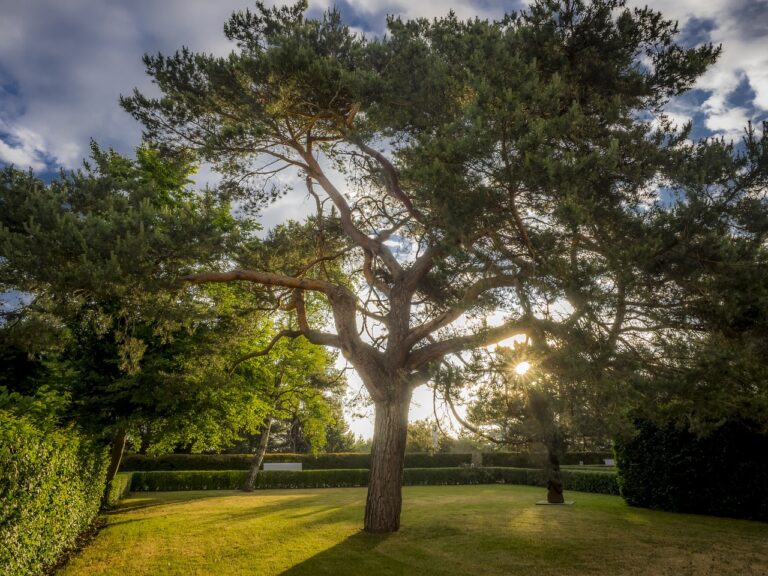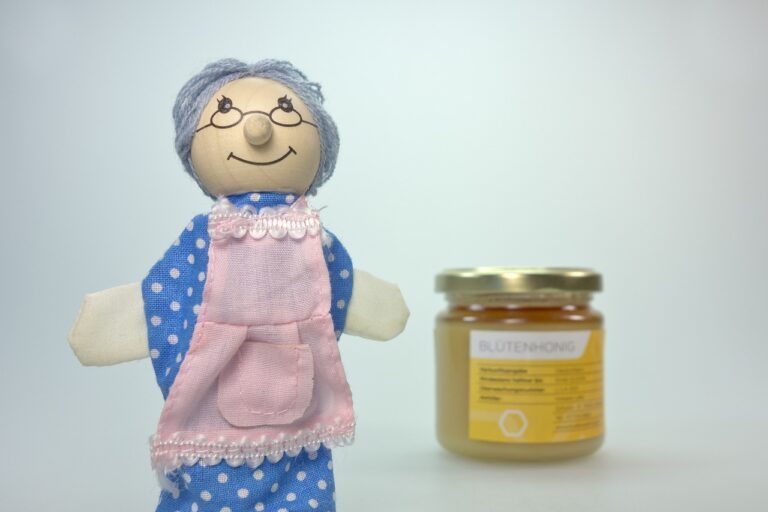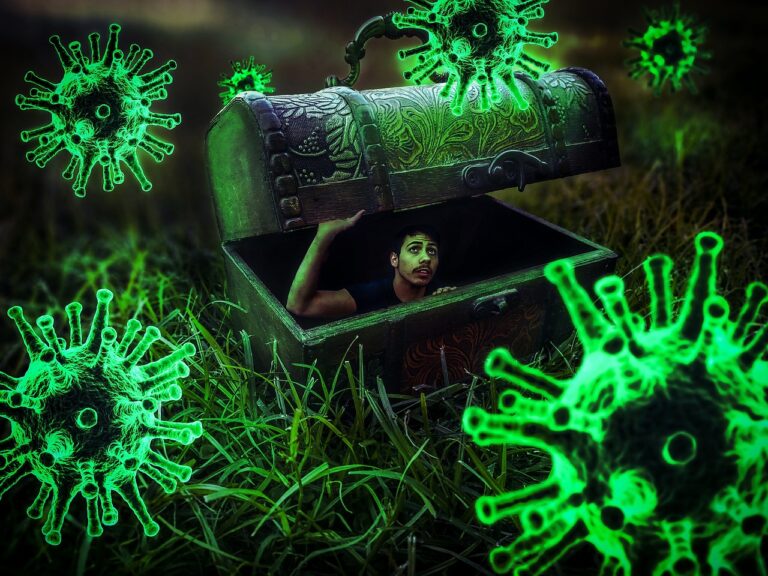The Role of Traditional African Medicine in Health Practices
Traditional healing practices in African cultures often involve a holistic approach that incorporates spiritual beliefs and natural remedies. These healing methods have been passed down through generations, deeply rooted in the traditions of the community. It is not uncommon for healers to utilize herbs, minerals, chants, dances, and sacred rituals to address various physical and spiritual ailments.
The role of the traditional healer in African cultures is highly respected and revered. These healers are believed to possess a deep connection to the spiritual realm and are sought after for their ability to bring about healing and harmony within the individual and the community. Through their practice, traditional healers aim to restore balance and address the root causes of illness, viewing health as a reflection of one’s connection to the divine and the natural world.
History and Origins of Traditional African Medicine
Traditional African medicine has a rich history dating back thousands of years, with its origins deeply rooted in the continent’s diverse cultures and beliefs. The practice of traditional healing has been passed down through generations, with each community adding their unique wisdom and knowledge to the collective body of medicinal practices.
Various ancient African civilizations, such as the Egyptian, Nubian, and Yoruba societies, played pivotal roles in shaping the development of traditional medicine on the continent. These cultures explored the healing properties of indigenous plants, minerals, and spiritual rituals, laying the foundation for the diverse array of healing practices found in modern traditional African medicine.
Principles and Beliefs Underlying Traditional African Medicine
Traditional African medicine is deeply rooted in the belief that the body, mind, and spirit are interconnected, and any illness or ailment is a result of imbalance within these elements. Healers use a holistic approach to diagnose and treat patients, often relying on a combination of herbal remedies, rituals, and spiritual practices to restore harmony and well-being.
Central to traditional African medicine is the belief in the power of ancestral spirits and the interconnectedness of all living beings. Practitioners often invoke ancestral guidance and seek wisdom from the spirits to aid in healing processes. This spiritual connection is considered essential in understanding the root cause of an illness and facilitating the healing journey of the individual.
• Traditional African medicine is based on the belief that the body, mind, and spirit are interconnected
• Healers use a holistic approach to diagnose and treat patients
• Herbal remedies, rituals, and spiritual practices are commonly used in treatment
• Ancestral spirits play a central role in traditional African medicine
• Practitioners often seek guidance from ancestral spirits to aid in healing processes
What are some common traditional healing practices in African cultures?
Some common traditional healing practices in African cultures include using herbs, spiritual rituals, divination, and ceremonies to restore balance and harmony to the body.
What is the history and origins of traditional African medicine?
Traditional African medicine has been practiced for centuries and has its origins in the indigenous knowledge and healing practices of various African tribes and civilizations.
What are some principles and beliefs underlying traditional African medicine?
Some principles and beliefs underlying traditional African medicine include the interconnectedness of the body, mind, and spirit, the importance of maintaining balance and harmony within the body, and the belief in the healing power of nature and the ancestors.







